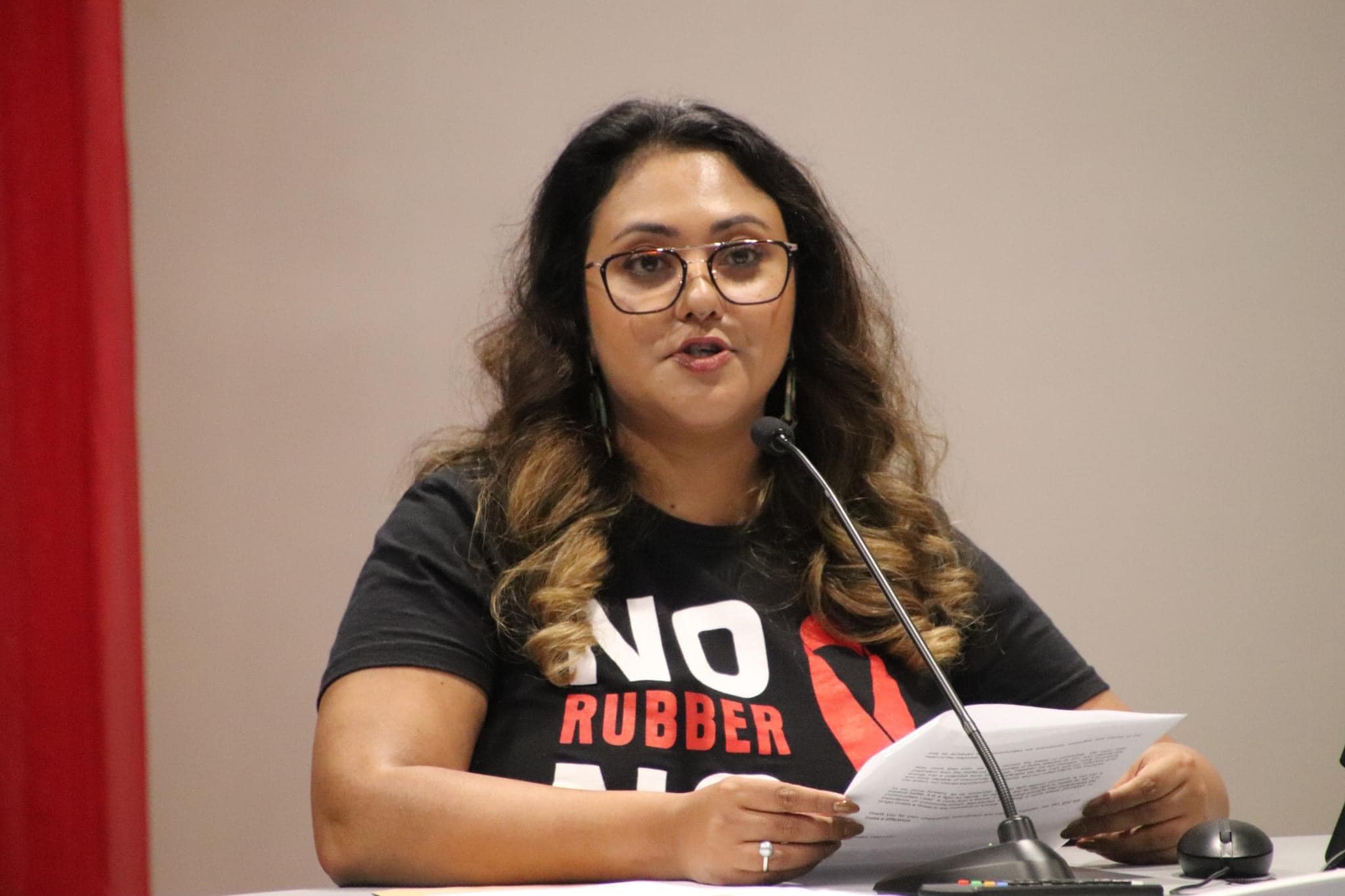Strengthening health systems to ensure timely access to treatment and care for those living with HIV is critical, as is addressing stigma and discrimination, which remain significant barriers to accessing services.
This was highlighted by UNAIDS Fiji HIV adviser Renata Ram while responding to queries on the recent statistics released by the Ministry of Health and Medical Services (MOHMS) which recorded 552 new cases of HIV in the first six months of 2024.
She said the increase in reported HIV cases may be attributed to several factors including a significant scale-up in HIV testing and screening efforts across the country, particularly in key populations, as reflected in the data released by MOHMS.
“We must also prioritise sexual health education, especially for young people and vulnerable groups, to ensure they have the knowledge and tools to protect themselves,” Ms Ram said.
“Further to this many people are coming forward to be tested due to increased awareness, which is very encouraging to see people taking ownership of their health.
“This increase in testing is essential for identifying undiagnosed cases and ensuring that individuals can access the necessary care and treatment.
“Additionally, ongoing issues such as limited access to consistent prevention services, including condom distribution, harm reduction for people who use drugs, and sexual health education, may also contribute to the rising numbers.”
She said social and economic factors, including the impact of the COVID-19 pandemic, have likely exacerbated vulnerabilities, particularly among marginalised communities.
To address the rising number of HIV cases, she said a multifaceted approach was needed, which the MOHMS would soon be launching the HIV Surge Strategy.
Ms Ram reiterated UNAIDS Fiji’s commitment to supporting the Ministry of Health and other partners in scaling up comprehensive HIV prevention strategies including increasing access to condoms, pre-exposure prophylaxis (PrEP), and harm reduction services.



